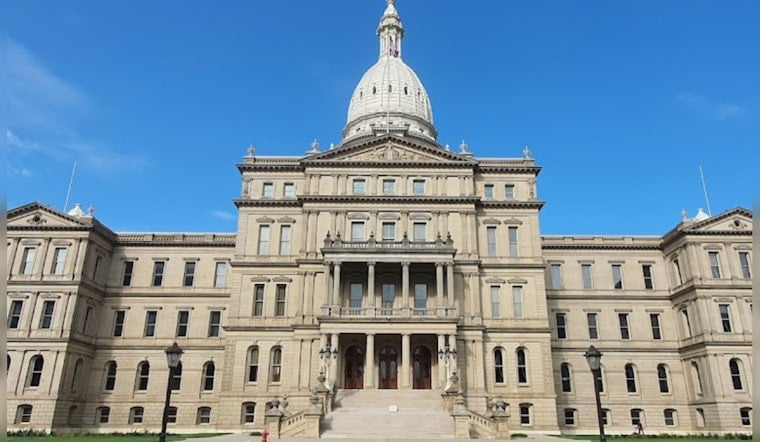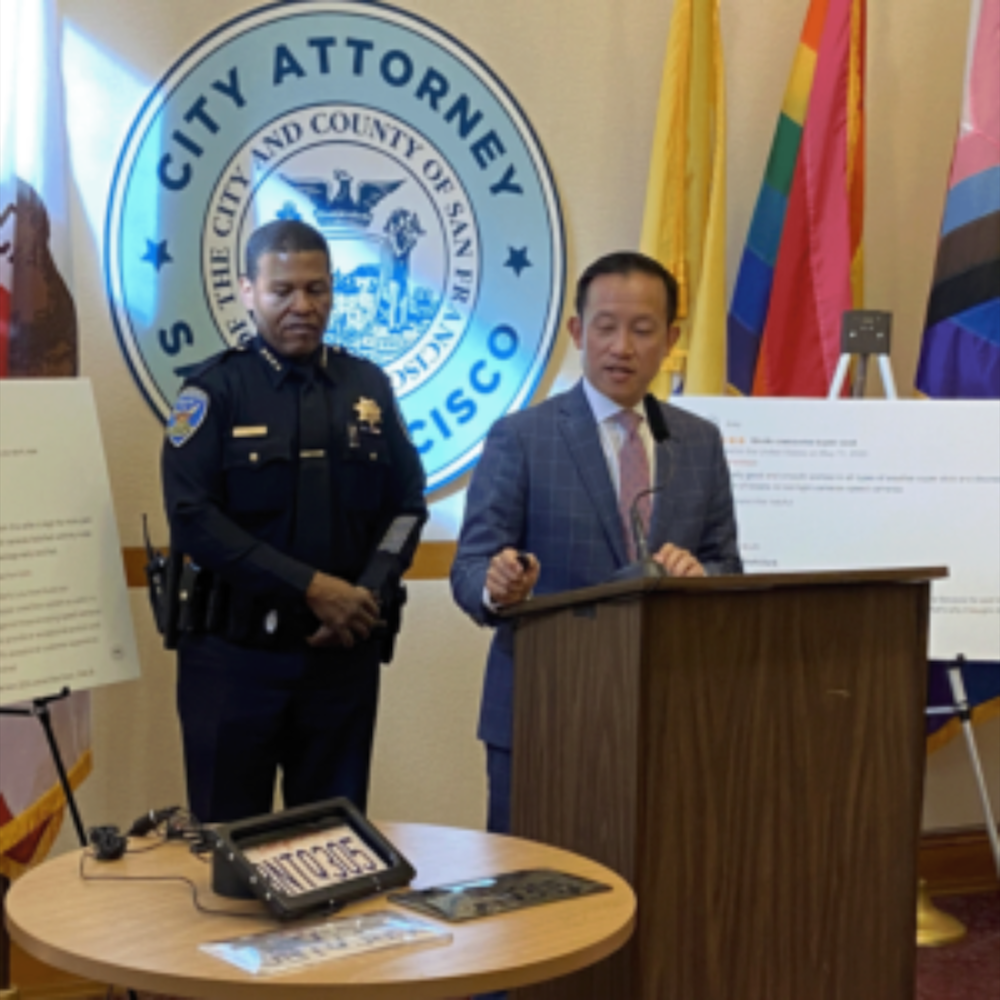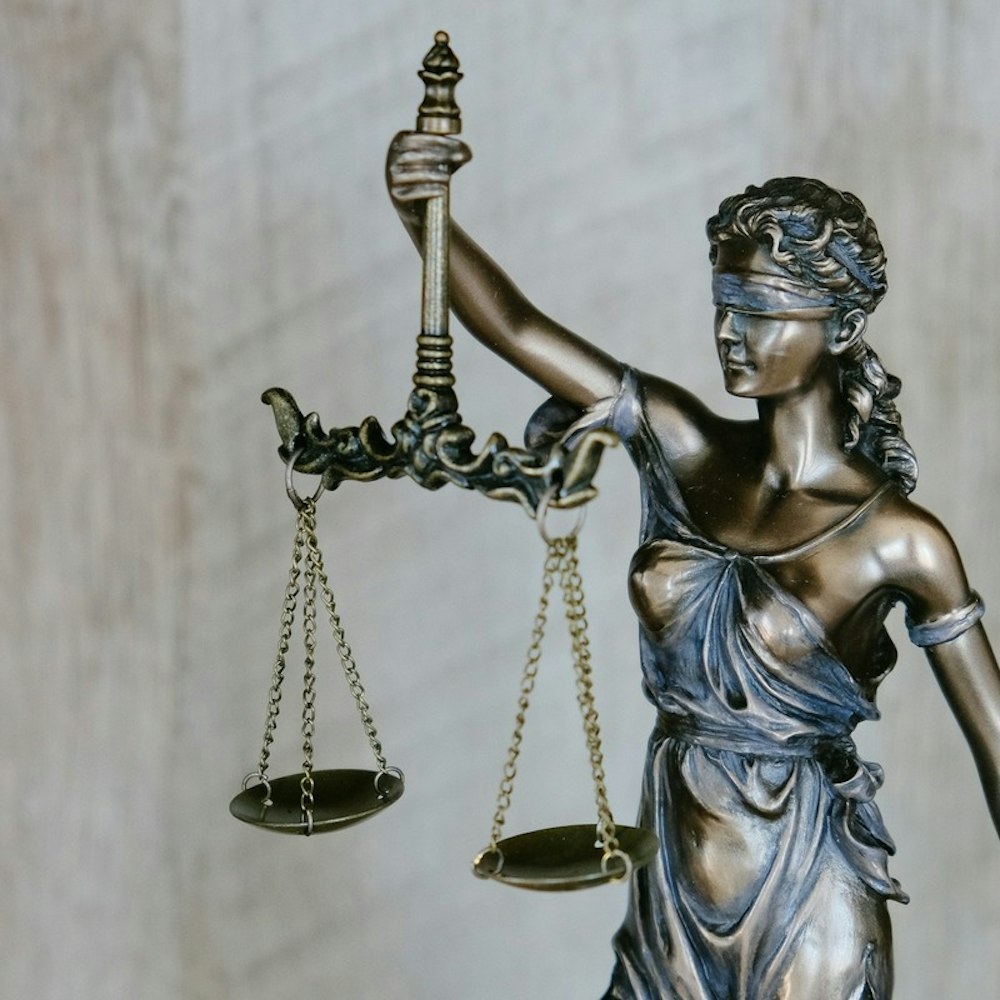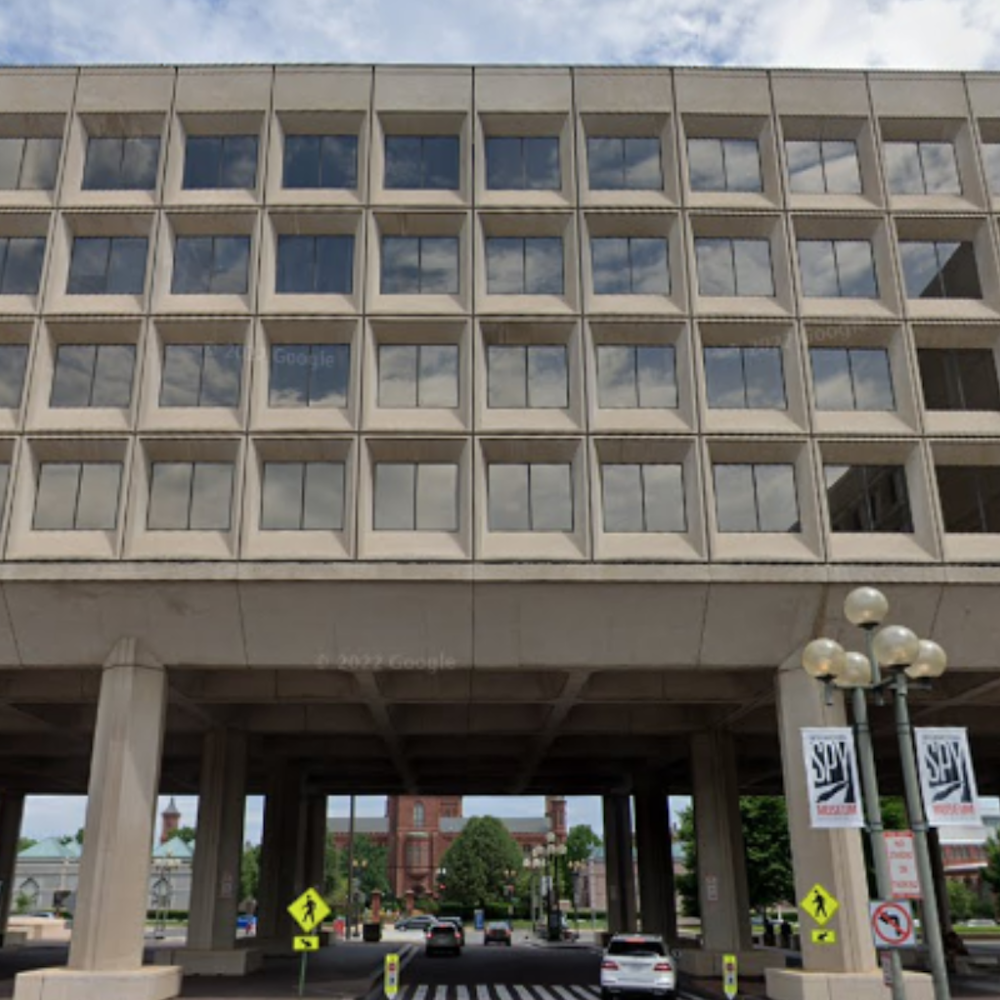
In the aftermath of yesterday's special elections, the Democratic Party has clawed back into a majority hold in the Michigan House with wins by Mai Xiong and Peter Herzberg in Metro Detroit's House Districts, shifting the power balance and ending a five-month legislative standstill. The Detroit News reported that the Democrats now command a narrow 56-54 majority following these pivotal victories.
Macomb County Commissioner Xiong not only scored a win with 65% of the vote, making her the first Hmong American lawmaker in Michigan's history, but she also shattered expectations in an already Democratic-leaning 13th House District with an emphatic defeat of Republican Ronald Singer, according to kdhnews. On another front, Westland City Councilman Herzberg secured a seat in the 25th House District with 59% of the vote, in a district known for its Democratic sway, yet his triumph extended beyond partisan lines, confirming Democratic dominance.
CBS Detroit emphasized the significance of the win for Democrats, as it signals the opportunity to advance an agenda that includes crucial budget negotiations ahead of the state's July 1 deadline. Michigan Democratic Party Chairwoman Lavora Barnes celebrated the victory, stating, "These seats will allow Democrats to continue fighting for a brighter future for all Michiganders." The previous tie in the House had slowed the legislative process, halting the amplification of significant policy reforms.
Both victors are set on embracing this new chapter with a focus on their constituents' priorities—Herzberg has vowed to secure the budget needs of the cities within his district, while Xiong has already pledged a commitment to positive change, in a grateful acknowledgment of her supporters' belief in the shared vision they entrusted with her. As Democrats enjoy their newfound majority, attention now turns to forthcoming legislative battles and whether this shift will breathe new life into policy-making proceedings, or whether it will, as has been the pattern of partisan politics, persist as a backdrop for the gridlock that so commonly stifles the cogs of government efficacy.









